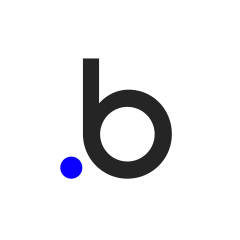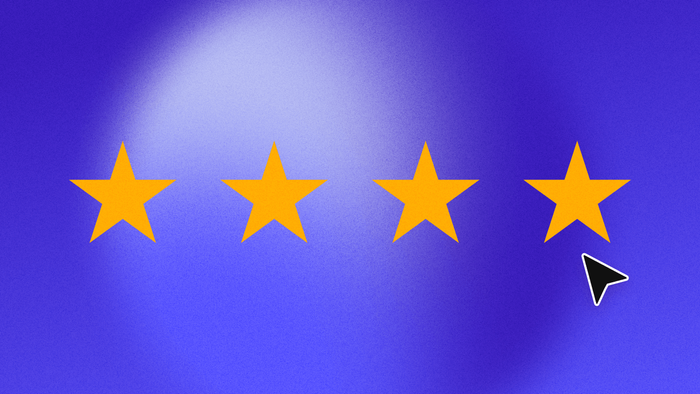Coding is a financially rewarding competency in today’s marketplace. According to Indeed, it is an in-demand skill with the areas of mobile application development and machine learning seeing increased interest from employers. The median salary for a computer programmer in 2020 was over $89,000.
But how long does it take to learn how to code these days? Is it worth the time investment? Learning to code may seem intimidating initially, but people of any age and experience can learn how to do it. There are numerous resources available online to help you learn. You can add valuable career skills, build capabilities to expand your business, or just create something for fun.
In this article, we walk through how long it will take to learn to code, giving you a solid understanding of the time frame involved in learning to code. This information can help you decide when and how to start your coding journey.
Quick to Start, Time-Consuming to Master
You can learn how to write your first lines of code in a few days or even hours. However, while It doesn’t take much time to begin coding, it does take a while to become proficient at it. Many students feel like they understand coding basics and are comfortable working with a programming language after three to six months.
The real answer depends on your background and your goals. Do you have a background in logic or mathematics? If so, you probably have a head start, and the timeframe may be shorter. Coding requires logical thinking and the ability to break down a problem into a series of logical steps. Each line of code gives the computer instructions about what to do and how to do it.
Focusing on Your Goal Can Speed Things Up
What are your goals for learning to code? What do you want to accomplish, and what skill level is needed to meet your goal?
Most coding languages are general-purpose tools that you can use to accomplish a wide variety of tasks. After you gain some foundational knowledge, you can focus on learning how to build certain applications or solve specific types of problems.
The concept of honing in on your target use cases is analogous to choosing a major in college. In the first year or two, college students take various general courses to build a foundation of knowledge and a basis for learning. After that, classes tend to be concentrated on their chosen field of study. Likewise, your coding journey can begin to narrow in on your target goals.
Many Reasons to Learn How to Code, Each With Its Own Time Frame
Your goal may be to learn a valuable career skill. In this case, it will take longer because you need to learn the basics of coding and how to apply these skills to solve business problems. In addition to a coding language, you will also want to gain some familiarity with databases, as most business applications use some type of database.
You will also need to go through technical interviews where you will be asked questions about software engineering and data structures in general. The skills required will vary based on the coding role you seek.
However, consider the case where you want to learn to code to create a website. The overall learning process may be much faster in this case. You can tailor your learning around this goal and focus on specific tasks that need to be done. You won't need to study data structures in depth, but you will need to learn some HTML and JavaScript. These are technologies used to implement websites.
On the other hand, if you want to get into game development, this process will take the longest. In addition to solid coding skills, you also need a solid foundation in mathematics and computer graphics. Both topics are fairly complex and will take months to learn, especially for people without an engineering background.
Programming Languages Vary in Complexity and Learning Curve
The programming languages you choose to learn will also affect the amount of time required. Languages like Python are considered relatively easy to learn. This is in sharp contrast with a language like C++ provides coders with a large amount of control of how the computer should perform tasks; however, it is also more complex because of this. Python is closer to the machine level than a human level of thinking or expression, making it easier to pick up for someone not familiar with computers.
Not only is Python a popular place to start because of its learning curve, but it also has widespread adoption in many key fields. Python is a perfect choice if you are interested in machine learning or artificial intelligence.
Can You Learn to Code on Your Own?
The answer to that question is: Yes. There are many self-study courses, tutorials, and videos available. However, it may take longer to do it this way. Estimates vary from 6 months to a year to learn coding as a self-study exercise.
An undergraduate computer science degree will take four years to complete. Thus, a popular approach for new students is to attend a coding bootcamp. The duration of many coding bootcamps is 3 or 4 months.
Don’t Have the Time and Need a Web App Fast?
The time required to learn to code will vary based on your goals, coding language of choice, and your current skill set. It's fast to get started, but it takes a while to become proficient in most programming languages. Six months to a year is generally needed to be an effective coder. If you don't have time to learn a programming language or you need a solution right now, consider using Bubble’s powerful no-code platform, which allows you to build any web app with no code.
About Bubble
Bubble is a leader in the no-code movement. Bubble offers a powerful point-and-click web editor and cloud hosting platform that allows users to build fully customizable web applications and workflows, ranging from simple prototypes to complex marketplaces, SaaS products, and more.
Millions of users are building and launching businesses on Bubble — many have gone on to participate in top accelerator programs, such as Y Combinator, and even raised $365M in venture funding. Bubble is more than just a product. We are a strong community of builders and entrepreneurs who are united by the belief that everyone should be able to create technology.
Build your app on Bubble's Free plan. No need to upgrade until you're ready to launch your app.
Join Bubble





